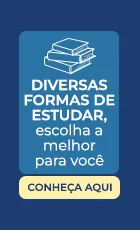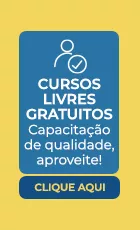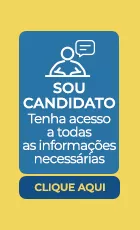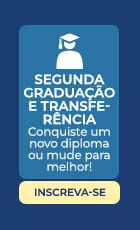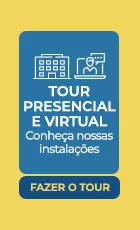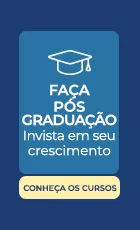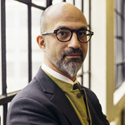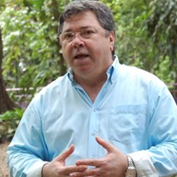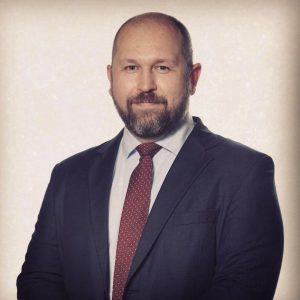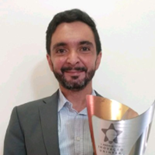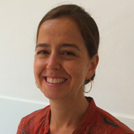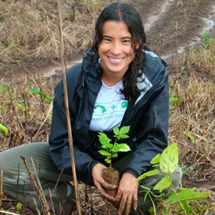About
Central Theme: Natural Climate and Community Solutions for Tropical Forest Conservation in Latin America
Ecosystem degradation and biodiversity loss in South America are altering their critical ecological functions, so much so that tropical forests face “tipping points”. If left unchecked, such trends will countervail the possibility of achieving the goals of the Paris Climate Agreement.
Effective solutions transform the current conservation paradigm by demonstrating the greater value of standing forests versus traditional development projects that result in converting forests into other land uses. Such solutions involve engaging local communities who have immense local and traditional knowledge about these ecosystems through and empowering them with new technologies and data processing methods, facilitating local communities’ access to the digital economy and enhancing their ability to protect their land.
The bioeconomy is emerging as an alternative sustainable development model for tropical regions that can reduce biodiversity loss. This transformation in the conservation paradigm necessitates innovations in public policies and strategies from the local to the international arenas to support conservation efforts, bioeconomy businesses’ entry into world markets, and foster sustainable development.
We recognize that these challenges faced by tropical ecosystems in the face of climate change require truly interdisciplinary and innovative solutions, so we welcome research, products and contributions from those actively involved in the search for sustainable solutions for the planet and for people.
Objective: The general aim of the symposium is to provide an arena for research institutions, universities, NGOs, government agencies and enterprises from across the world to display and present their research and products, engage in dialogues to foster new collaborations and partnerships, and provide operationalizable recommendations through a conference statement to foster solutions to conservation challenges in tropical ecosystems.
Organizers
Universidade Positivo
Universidade Positivo has been a reference in higher education institutions in the state of Paraná and in Brazil for more than three decades. It currently offers more than 50 degree programs, more than a hundred specialization and MBA programs, five master’s programs and four doctoral programs. In 2019, Universidade Positivo was ranked among the top 100 institutions in the Universitas Indonesia GreenMetric world sustainability ranking. Universidade Positivo is part of the Cruzeiro do Sul Educacional group, one of the largest in the country.
Universidade Positivo Research Center (CPUP)
Founded in 2013, CPUP to develop projects in the areas of environment, biology, and health, reflecting the Scientific and Technological Initiation research carried out in undergraduate and graduate courses. from the Positive University. As it comes from a prominent institution in the educational field, as a contribution of the proposing institution stands out scientific dissemination, dissemination of knowledge through a relationship with the community.
Graduate Program in Environmental Management (PPGAMB)
PPGAMB at UP, through its Master’s and Doctoral courses, aims to complement the training of a wide range of professionals, transforming them into specialists in the Environment, through the conducting applied research to solve environmental problems.
Massachusetts Institute of Technology Environmental Solutions Initiative (MIT ESI)
Founded in 2014, the Environmental Solutions Initiative is MIT’s institute-wide effort to mobilize the substantial scientific, engineering, policy, and design capacity of our community to contribute to addressing climate change and other environmental challenges of global import. We pursue multidisciplinary research, education, events, and partnerships to help move society toward an environmentally and socially sustainable future.
Program
December 4, 2022
Technical Visit (exclusive for speakers) – The Atlantic Forest
December 5, 2022 – Participatory policy and decision-making to increase forest protection in the face of climate change threats
Keynote – John E. Fernandez, Director MIT ESI
Session I – Governance for the Conservation of Transboundary Ecosystems
Session II – Monitoring to Support Conservation and Management of Natural Resources and the Well-Being of Populations
December 6, 2022 – Transforming the Development Paradigm through Technological Innovation, the Bioeconomy, and Urban Planning
Keynote – Luis Gilberto Murillo-Urrutia, former Minister of the Environment and Sustainable Development of Colombia (invited)
Session III– The Role of Community Empowerment in Environmental Management
Session IV – Bioeconomies as Models of Sustainable Development in Culturally Diverse and Ecologically Sensitive Areas
Session V – Urban Planning for Human Settlements in Carbon-Rich and Ecologically Sensitive Regions
December 7, 2022
Roundtable with Sponsors (exclusive for speakers)
Click here to see the complete program
Location
The Symposium will be in hybrid format at Universidade Positivo, at Ecoville Campus, and online.
Universidade Positivo
Rua Professor Pedro Viriato Parigot de Souza, 5300
Curitiba – PR, 81280-330
Curitiba, Brazil
Curitiba is the capital of the southern state of Paraná and has consistently ranked as one of Latin America’s most sustainable and intelligent cities, renowned for its urban planning.
Curitiba is also known for the beauty of the landscaping made available to the public, free of charge, with some of the highest greenspace to greyspace ratios in the world. There are 28 parks and 15 woods, with vegetation formed by stretches of the Atlantic Forest, which include diverse wild fauna, lakes, springs, waterfalls. These are managed by the Curitiba Department of Parks and Squares.
Committee
Scientific Committee
Alessandra Fabbri (MIT ESI)
Prof. Alexandre Nicoletti Hedlund (UP PPGAmb)
Prof. Alysson Diógenes Nunes (UP PPGAmb)
Prof. Cíntia Mara Ribas de Oliveira (Vice-Coordinator, UP PPGAmb, Scientific Committee President)
Prof. Clarissa Bueno Wandscheer (UP PPGAmb e UP PPGD)
Prof. Cleonir Tumelero (UP PPGAmb e PPGA)
Prof. Gisela Geraldine Castilho Westphal (UP PPGAmb)
Prof. John E. Fernández, Director (MIT ESI)
Prof. John James Loomis (UP PPGAmb, Scientific Committee Vice-President)
Marcela Angel, Research Program Director (MIT ESI)
Prof. Marcelo Limont (UP PPGAmb)
Prof. Marcello Romani Dias (UP PPGAmb e PPGA)
Prof. Mario Michaliszyn, Coordinator (UP PPGAmb)
Prof. Rivail Vanin de Andrade (UP PPGAmb)
Prof. Rodolfo Marques Sastre (UP PPGAmb)
Organizing Committee
Alessandra Fabbri (MIT ESI)
Prof. Alexandre Nicoletti Hedlund (UP PPGAmb)
Prof. Alysson Diógenes Nunes (UP PPGAmb)
Prof. Cíntia Mara Ribas de Oliveira (Vice Coordinator, UP PPGAmb, Organizing Committee Vice President)
Prof. John E. Fernández, Director (MIT ESI)
Prof. John James Loomis (UP PPGAmb)
Marcela Angel, Research Program Director (MIT ESI)
Prof. Marcelo Limont (UP PPGAmb)
Prof. Mario Michaliszyn, Coordinator (UP PPGAmb)
Prof. Rodolfo Marques Sastre (UP PPGAmb)
Prof. Roberto di Benedetto (Dean of Universidade Positivo, CPUP, Organizing Committee President)
Themes
– Bioeconomies in Tropical Countries
– Circular Economy
– Environmental Education
– Environmental Management & Climate Change
– Environmental Analyses
– Forest protection & Climate Change
– Governance for the Conservation of Transboundary Ecosystems
– Green Financing & Environmental, Social, and Corporate Governance (ESG)
– One Health
– Public Policies & Environmental Practices
– The Role of Community Empowerment in Environmental Management
– Urban Planning in Carbon-Rich and Ecologically Sensitive Regions
Registration/Submission
Clik here for Registration/Submission
Deadlines:
-October 03 – Registration and Abstract Submission Opens;
-November 09 – Abstract Submissions Deadline;
-November 07 – Registration Deadline;
Information: ambiental@up.edu.br
Speakers
John E. Fernandez, Director MIT ESI
Luis Gilberto Murillo Urrutia, Ambassador of Colombia to the United States, former Minister of Environment and Sustainable Development (remote).
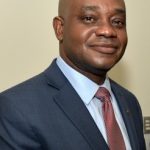
Cíntia Mara Ribas de Oliveira, UP PPGAmb
Presidente do 4ºSIMGAMC
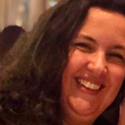
John James Loomis, UP PPGAmb
Vice-Presidente do 4ºSIMGAMC
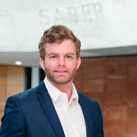
Adalberto Luis Val, INPA
Alessandra Fabbri, MIT ESI
Alexandre Hedlund, UP PPGAmb
Alysson Nunes Diógenes, UP PPGAmb
Ana Maria Duran Calisto, Loeb Fellow, Harvard University (remoto)

Angelica Mayolo, MIT Community Innovators Lab (remoto)

Carlos Alfredo Lazary Teixeira, Diretor Executivo ACTO (remoto)
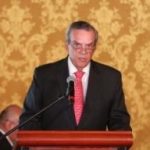
Clóvis Ricardo Schrappe Borges, Diretor Executivo, SPVS
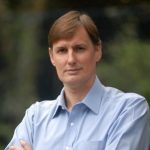
Daniel Rubens Cenci, Universidade Regional do Noroeste do Estado do Rio Grande do Sul
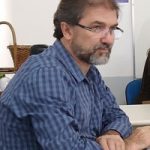
Evan Fricke, MIT Terrer Lab
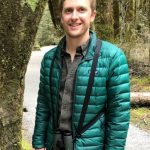
Fabiana Prado, Project Manager LIRA, IPÊ
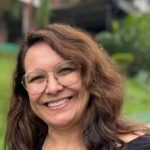
Gabriella Carolini, MIT Department of Urban Studies and Planning (DUSP)
João Tezza Neto, Fundador Darvore e Academia Amazônia Ensina
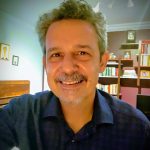
José Rodrigues de Araújo, President of COOPAEB and COOPERACRE
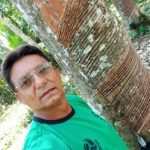
Jovina Renhgá, Nação Guarani, Aldeia Urbana Kakané Porã, Paraná
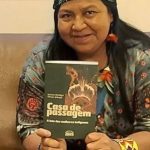
Juliana Erika Cardona Jaramillo, Pesquisadora SINCHI
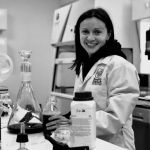
Katê, Nação Yawanawa, Aldeia Yawarani, Acre
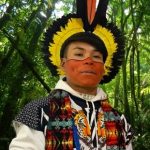
Kanamashi, Nação Yawanawa, Aldeia Yawarani, Acre

Laura Maria Simões Coutinho Guimarães, Lider CIIMAR
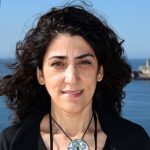
Luiz Eduardo Oliveira e Cruz de Aragão, INPE
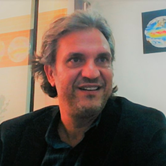
Luz Marina Mantilla, Instituto SINCHI
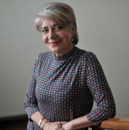
Marcela Angel, Research Program Director MIT ESI
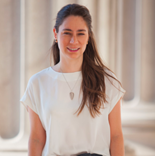
Marcelo Limont, UP PPGAmb

María del Carmen Ruiz-Jaén, FAO REDD+ Latin America
Maria Thereza Uille Gomes, UP PPGD
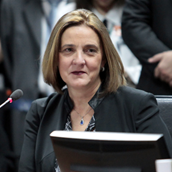
Maria Angelica Mejia Mejia (IAvH)
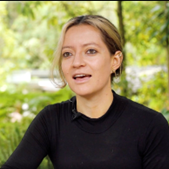
Mario Sergio Michaliszyn (UP PPGAmb)
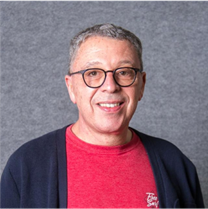
Natalia Mosquera, MIT Community Innovators Lab
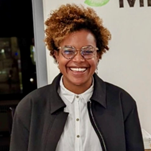
Nunco Gonçalo de Carvalho Ferreira, Pesquisador CIIMAR
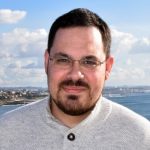
Olívio Jekupé, Nação Guarani, Aldeia Urbana Kakané Porã, Paraná
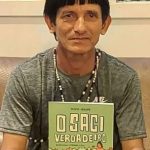
Rinaldo Arruada, OPAN
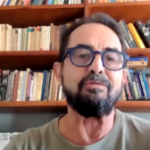
Xinã Yura, Nação Yawanawa, Aldeia Yawarani, Acre
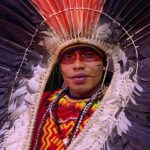
Sponsors

Highlights – Part A
4th SIMGAMC – Part B
Hei
Para acessar o Teste Vocacional e descobrir a carreira certa para você, preencha os campos abaixo.
É bem rapidinho!
Obrigado! Aguarde só um instante:
Estamos preparando seu teste e já vamos te encaminhar automaticamente em alguns segundos.
Hei,
Estamos muito felizes por seu interesse em conhecer um de nossos campi.
Para que possamos agendar a sua vista, preencha o formulário abaixo.
